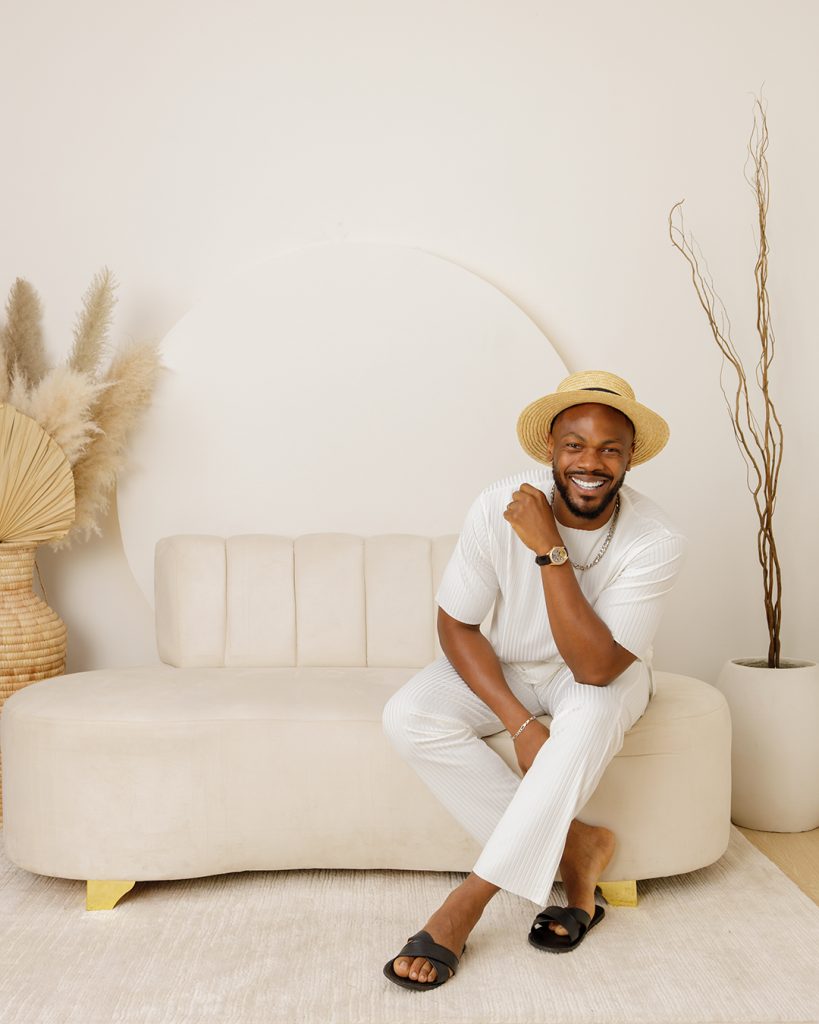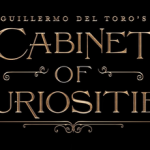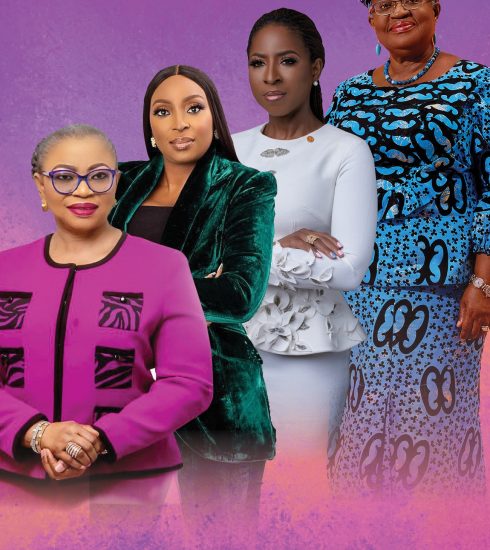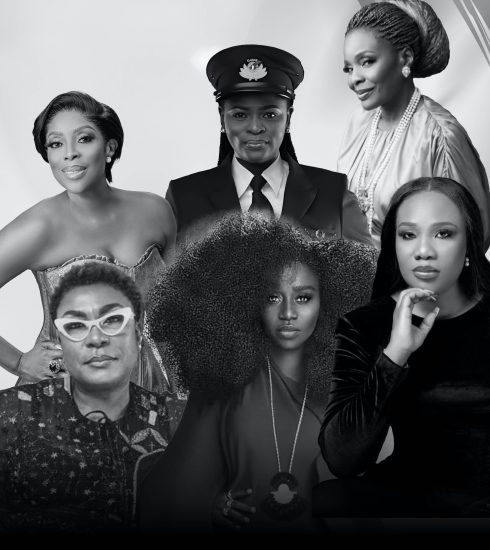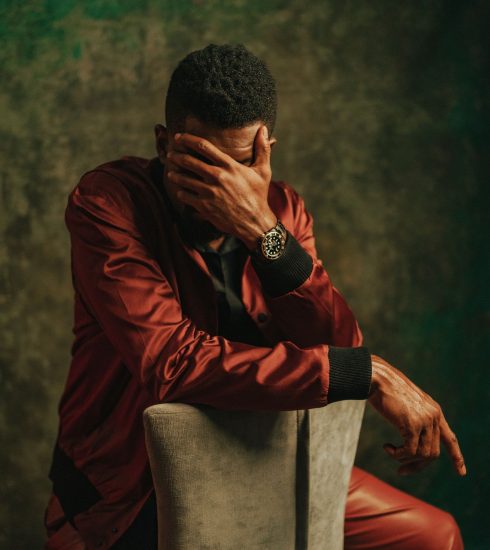Real Talk With Daniel Etim Effiong
A versatile Nigerian talent known for his lively and energetic portrayals in the industry, Daniel Etim Effiong is an actor, writer, director, and producer. With a steadily evolving career, Etim Effiong’s journey in the spotlight began in Nigeria’s thriving Nollywood film industry, where his powerful screen presence quickly gained him recognition. He is a graduate of the Federal University of Technology Minna and later went on to expand his skill by studying at the AFDA Film School, South Africa and the University of Johannesburg, thereby mixing a strong foundation in the African creative arts with a global view.
Etim Effiong has delighted audiences with his roles in illustrious films and television shows, showing off just how multidimensional he can be in dramatic and comedic performances. His notable works include leading roles in Gidi Up, The Men’s Club, and Plan B, which have earned him widespread admiration and stamped his status as one of Nollywood’s most promising actors. Beyond acting, Daniel’s talent for storytelling shows in his work behind the camera, as he often dwells on matters of love, identity, and societal issues, which are familiar concepts in contemporary African culture.
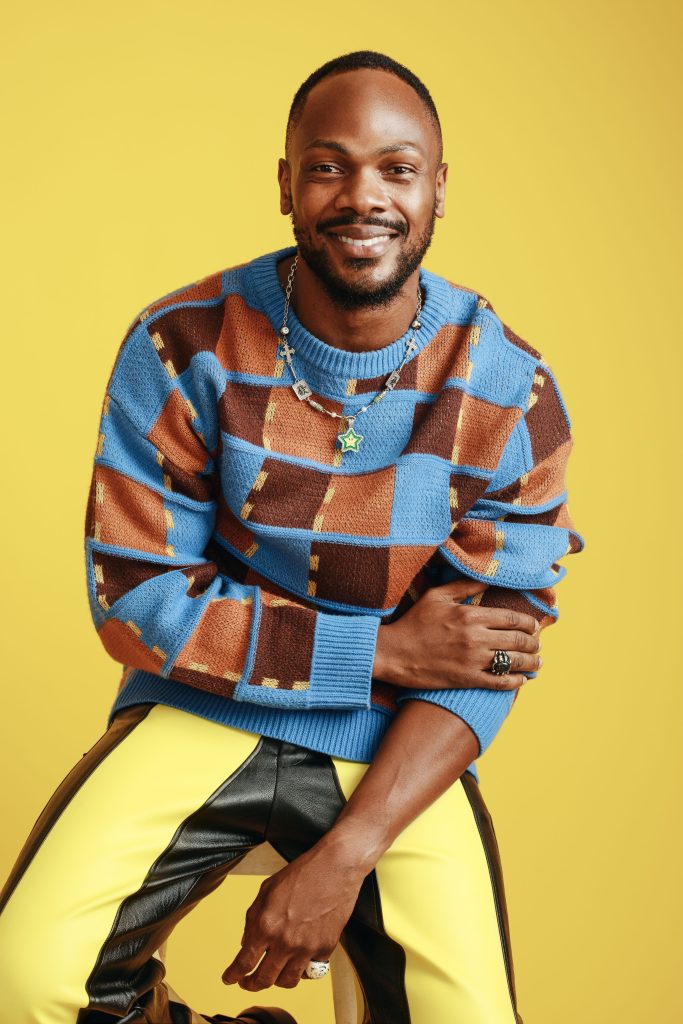
Etim Effiong’s dedication to his craft and ability to inspire through relatable narratives have made him an influential figure in Nollywood and a rising star on the global stage.
In this interview with THEWILL DOWNTOWN’s Johnson Chukwueke, Daniel Etim Effiong speaks about his creative journey, personal experiences, and future aspirations.
Firstly, can you tell us about the journey from chemical engineering to Nollywood? What inspired such a career shift?
Well, to explain that, I would have to say that I have always been something of a storyteller. Right from childhood, I was always that kid that his mates would come to when they needed to hear stories about something and the like. I would tell them all they needed to know, and of course, I would add my own pepper and spice to the story, you know how it can be; so yeah, I have always been that sort of person, so the engineering part had to do with parents. You know how they would always be like, oh the money is here in oil, so go to school and study this so that you would get a good job and all that. So my parents were really pushing for me to get into that chemical engineering space.
But in the end, I had to decide for myself what I wanted to do, and it was entertainment; I knew I wanted to be an entertainer, so I went for it, and it’s been really good and fulfils me.
Your role in The Men’s Club as Lanre Taiwo brought you a lot of attention. How did that role impact your career afterwards?
Yeah, The Men’s Club. That was a huge one for me, honestly. After that show, I would say it opened doors for me, I got calls, I was booked, and it led to more for me. It’s one of the biggest web series out of Africa, if not the biggest, and having to play that role actually had people viewing me in a different light. I even had people coming to ask me if that was just acting or if I was really like the character of Lanre Taiwo which I played. So if you have people coming to you to ask such questions about a character, it just feels like yeah, you definitely did a good job to warrant such questions. You just know that your interpretation was spot on if the audience can’t tell if you were acting or it’s your actual personality.
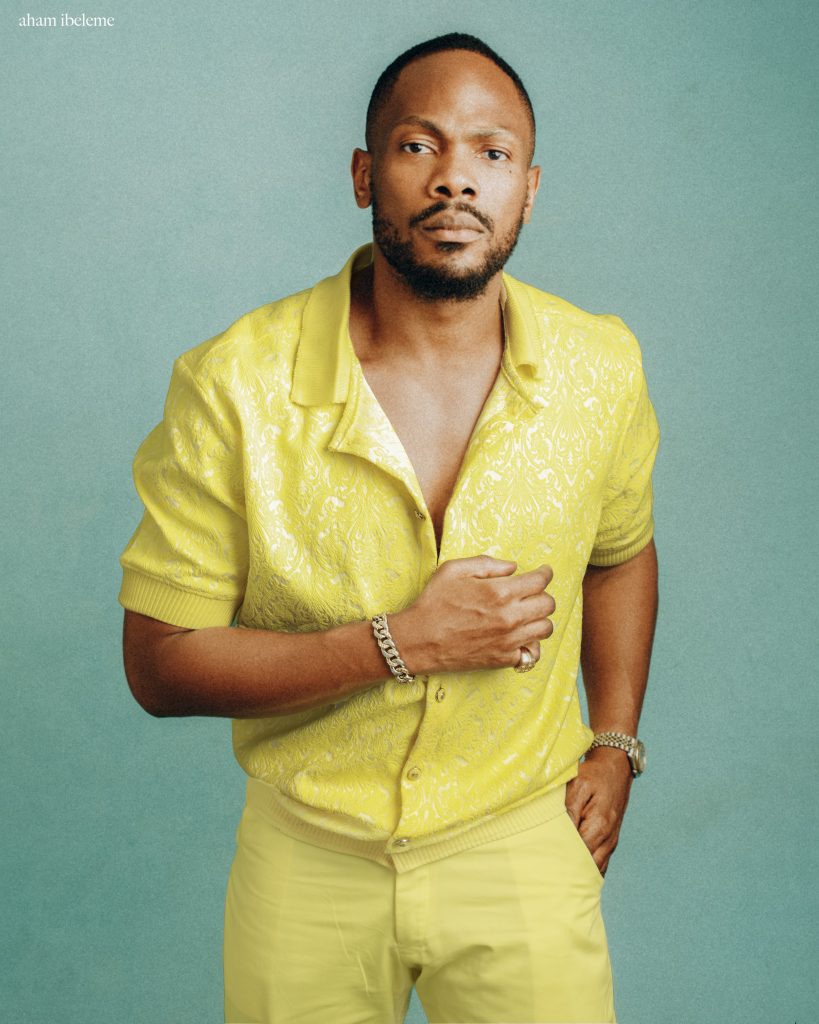
You’ve worked both in front of and behind the camera. Do you prefer acting or directing, what do you find most rewarding in each?
Well, I enjoy acting very much, but I enjoy more freedom when I am directing. Let me put it this way, now when I am acting, it does feel like there’s a box, and as much as I want to maybe improvise or something, I still have to stick with what is written, that sort of thing.
But while directing, I am free to express my creativity as much as I want. I get to see something and instantly know how I want it to be done in a better way. I have no boundaries when it comes to my creativity, and that is very important to me. It’s like there is no restriction when it comes to my story, and I can tweak it if I see there is a better way to bring it to life. I definitely prefer taking the director’s seat, it makes me feel free to express myself more.
What challenges have you faced in developing and sustaining a Nigerian film industry career?
That would be resources. We are basically doing what we can with what we have. I feel the filmmakers don’t get enough credit for what they do, especially when there have to be lots of projects that one is handling. You are on set for a particular project, and then you jump to the next because you can’t hold off another set. So we are making the most of what we have, especially when you are a married man; you have this load of responsibilities on your head now, so you try to take on as many projects as you can handle to take care of things.
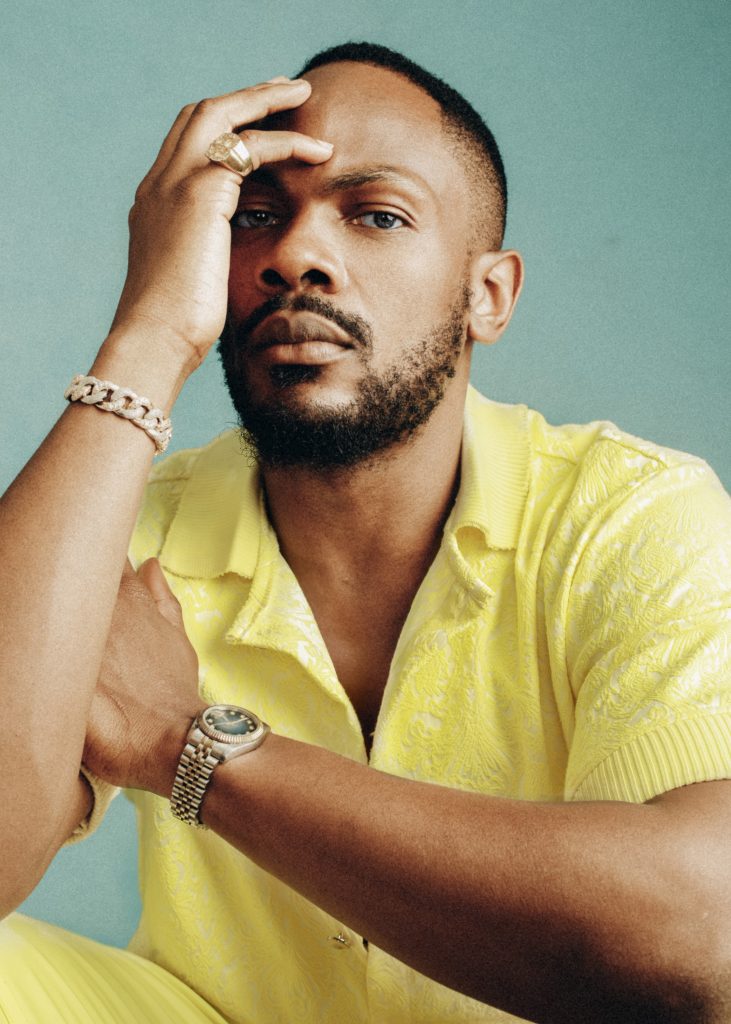
In Skin, you tackled colourism in African society. How did creating this documentary affect your perspective on the issue?
You see, I realised that people would do a lot when they want to fit in. It’s something that is common, but it really shouldn’t be. You see lots of people who do things to their skin cause they feel that only people with a certain type of shade get more attention, and that would be the best way to fit in.
We spoke to a few people, especially the ones who make these products for people to use, and it really was heartbreaking hearing their stories and why they had to resort to making these, especially with the economy not favouring them. It just makes you sit back and think, both about the people making these products, and those who feel they are only as good as the shade of their skin.
Nollywood is growing internationally. What are your hopes for the future of Nigerian cinema, and how do you see your role in that?
I would say that I just want to be part of it, I want to be able to tell my stories the way I want them, I want to tell them differently, but good different of course, something that I can be proud of, and just see that yeah, this is me unleashing my creativity. Telling my stories how I want to.
As a husband and father, how do you balance the demands of your career with family life?
Just be there and make the most of the time I get to spend with my family. Even when I have to be at different places, I make sure I make it up when I am back home and enjoy every bit of time with my family.
In your marriage, what values or practices have helped you maintain a strong partnership despite the busy life of an actor and director?
One way would be to keep each other updated. That’s it. We always make sure we let each other know about things as they are happening. That way, we are both in sync and even know how to work through things that may just arise from nowhere. That has really helped, especially in making things easy in maintaining our relationship.
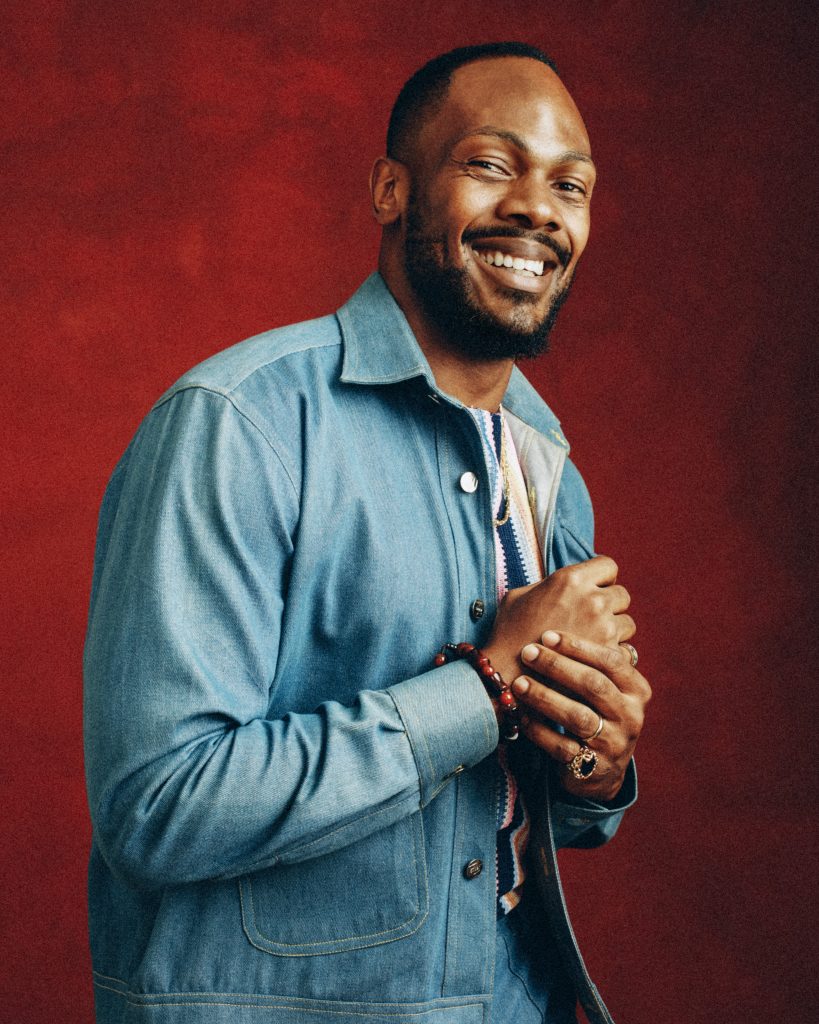
With your background in engineering, has that side of you influenced your approach to acting or storytelling in any way?
I would say that being an engineer gives me this sort of problem-solving skill, so I make sure to harness and make use of this skill even as an entertainer. Things happen out of nowhere and it requires you to do something you know, and then I just have to think fast, move quickly, and find a solution, especially when I have a lot to do and somewhere else to be.
What would you say is the most rewarding aspect of being a father, and how has it shaped you personally and professionally?
It makes me more responsible now, that’s what I would say. I know right now, I am not living for myself alone; I am living for myself and also my family, so when that thought comes to mind, you just have to do things differently in a way that makes you come home to them. You can’t take silly risks; you live your life for them, and you just know how much they need you to be there. So yeah, fatherhood makes me more responsible in every way.
How has fatherhood influenced the kinds of stories you want to tell or the roles you want to play?
I have my children seeing me on the television, so you know it can’t just be anything I am displaying because they are children, and it’s easy for them to think that’s actually how it is when, obviously, it is not. So, it definitely has made me cool down on some roles as I have my children watching and seeing their father on television.
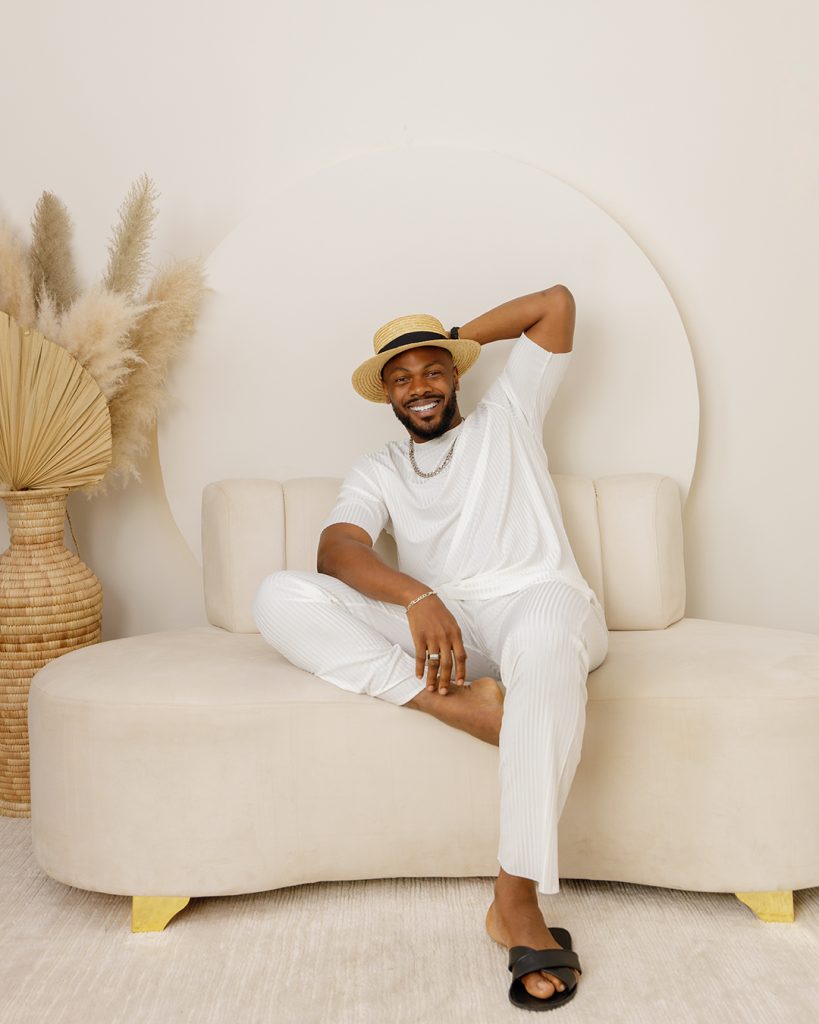
What advice would you give to aspiring actors and filmmakers who want to make an impact in Nollywood?
It’s not always easy, but just know what you want to do, and go for it, even parents wouldn’t see it at first. But going for what’s in your heart is something everyone needs to embrace; it’s never easy, but worth it.
